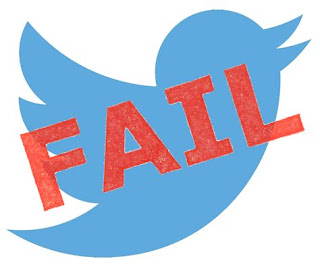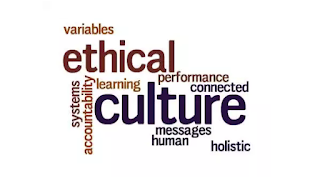Welcome to the Nexus of Ethics, Psychology, Morality, Philosophy and Health Care
Tuesday, August 15, 2023
Twitter Exec Defends Restoring Account That Shared Child Sex Abuse Material
Monday, August 7, 2023
Shake-up at top psychiatric institute following suicide in clinical trial
Monday, July 31, 2023
Top Arkansas psychiatrist accused of falsely imprisoning patients and Medicaid fraud
Thursday, July 27, 2023
Supervisees’ Perspectives of Inadequate, Harmful, and Exceptional Clinical Supervision: Are We Listening?
Tuesday, July 18, 2023
How AI is learning to read the human mind
Monday, July 10, 2023
Santa Monica’s Headspace Health laid off dozens of therapists. Their patients don’t know where they went
Sunday, July 2, 2023
Predictable, preventable medical errors kill thousands yearly. Is it getting any better?
Monday, June 12, 2023
Why some mental health professionals avoid self-care
Sunday, June 4, 2023
We need to examine the beliefs of today’s tech luminaries
Saturday, April 15, 2023
Resolving content moderation dilemmas between free speech and harmful misinformation
Sunday, March 19, 2023
The role of attention in decision-making under risk in gambling disorder: an eye-tracking study
Sunday, March 12, 2023
Growth of AI in mental health raises fears of its ability to run wild
The rise of AI in mental health care has providers and researchers increasingly concerned over whether glitchy algorithms, privacy gaps and other perils could outweigh the technology's promise and lead to dangerous patient outcomes.
Why it matters: As the Pew Research Center recently found, there's widespread skepticism over whether using AI to diagnose and treat conditions will complicate a worsening mental health crisis.
- Mental health apps are also proliferating so quickly that regulators are hard-pressed to keep up.
- The American Psychiatric Association estimates there are more than 10,000 mental health apps circulating on app stores. Nearly all are unapproved.
What's happening: AI-enabled chatbots like Wysa and FDA-approved apps are helping ease a shortage of mental health and substance use counselors.
- The technology is being deployed to analyze patient conversations and sift through text messages to make recommendations based on what we tell doctors.
- It's also predicting opioid addiction risk, detecting mental health disorders like depression and could soon design drugs to treat opioid use disorder.
Driving the news: The fear is now concentrated around whether the technology is beginning to cross a line and make clinical decisions, and what the Food and Drug Administration is doing to prevent safety risks to patients.
- KoKo, a mental health nonprofit, recently used ChatGPT as a mental health counselor for about 4,000 people who weren't aware the answers were generated by AI, sparking criticism from ethicists.
- Other people are turning to ChatGPT as a personal therapist despite warnings from the platform saying it's not intended to be used for treatment.












